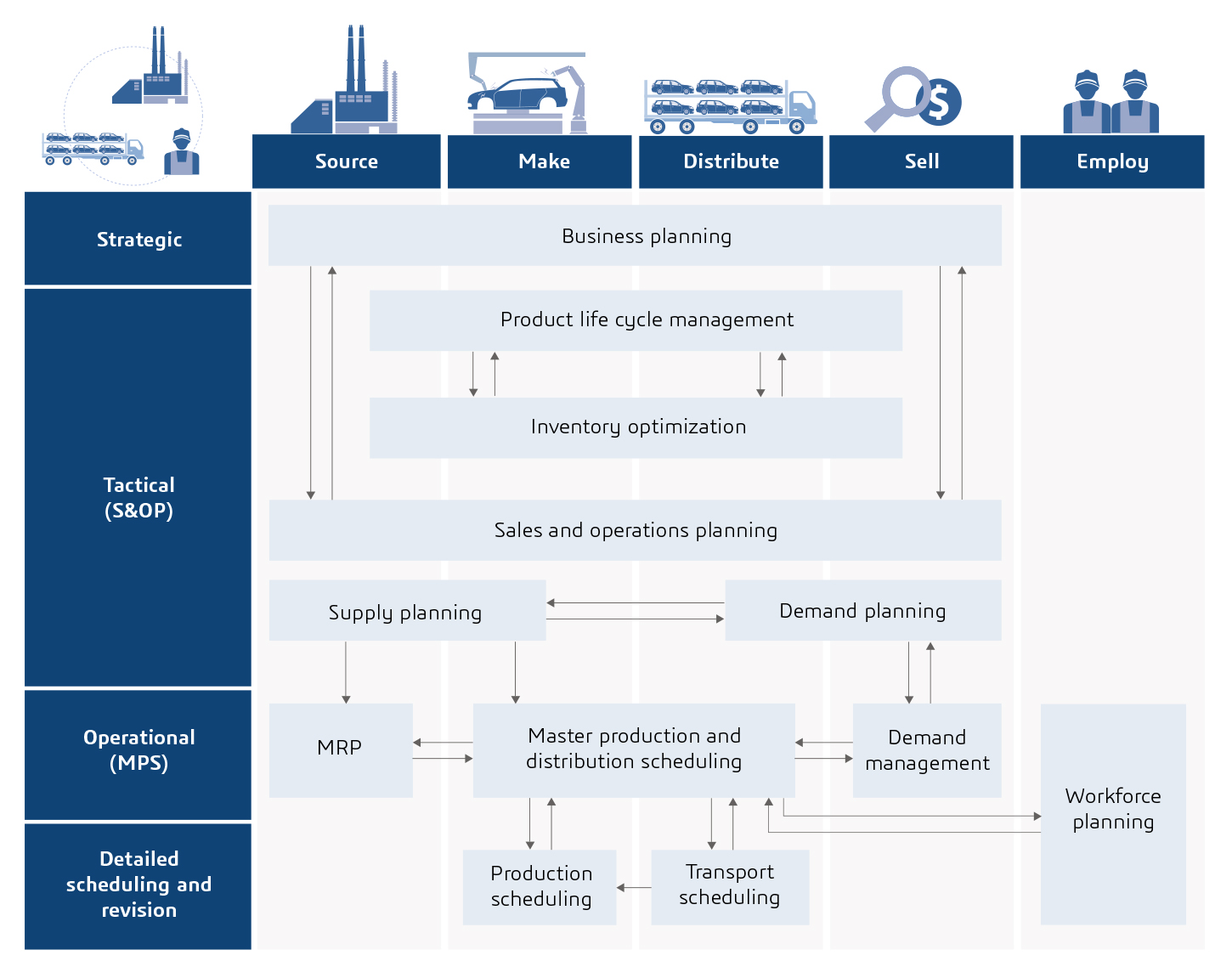
In a changing climate, automakers must adjust to external factors that impact sustainability
Big changes are happening in the automotive industry. The rise in private vehicle ownership has sharply increased demand. Additionally, climate change concerns are pressuring authorities to impose stricter limitations on carbon emissions – resulting in the need to leverage new technologies in manufacturing and automotive design. Discover how DELMIA’s integrated planning and dynamic value network optimization can improve delivery performance and reduce capital costs in the automotive industry.
Automotive manufacturers need to optimize value at every step of the supply chain to stay on top of the game. In this white paper you will discover:
- The limitations of legacy systems commonly used in the industry
- The benefits of a solution configured to your business reality
- How visualizing the actual planning process in a system — including visibility of all relevant
planning knowledge, rules and assumptions — leads to more efficiency - How scenario planning assists in decision-making
Supply chain network optimization is proven to deliver both significant reductions in supply chain costs, and improvements in service levels. With DELMIA, automotive manufacturers can gain their competitive advantage by enabling proactive evaluations. They can also gain an advantage by implementing changes in response to dynamic business scenarios like new product introduction, changes in demand patterns, addition of new supply sources, and changes in tax laws.
Complete the form to read our white paper.
Discover More
DELMIA Supply Chain Planning Solution Map
From a top-down view of the illustration, higher-level plans frame the framework for lower-level plans to achieve business goals. Feedback and decisions from lower-level plans move bottom-up, becoming a starting point for higher-level plans to reflect operational reality. This bidirectional feed continually optimizes the overall plan with up-to-date information.
Automotive Value Chain Planning – Transportation & Mobility | DELMIA
With changing customer behaviors and a higher demand for personalization and customization, flexibility becomes key in automotive production. Additionally, the integration of new technologies into consumer vehicles calls for updated and new production processes. It also creates the need to bring cars to the market faster to gain an edge over the competition. To fully embrace the changes and complexity in the automotive industry, planners need to implement a new way of working.


